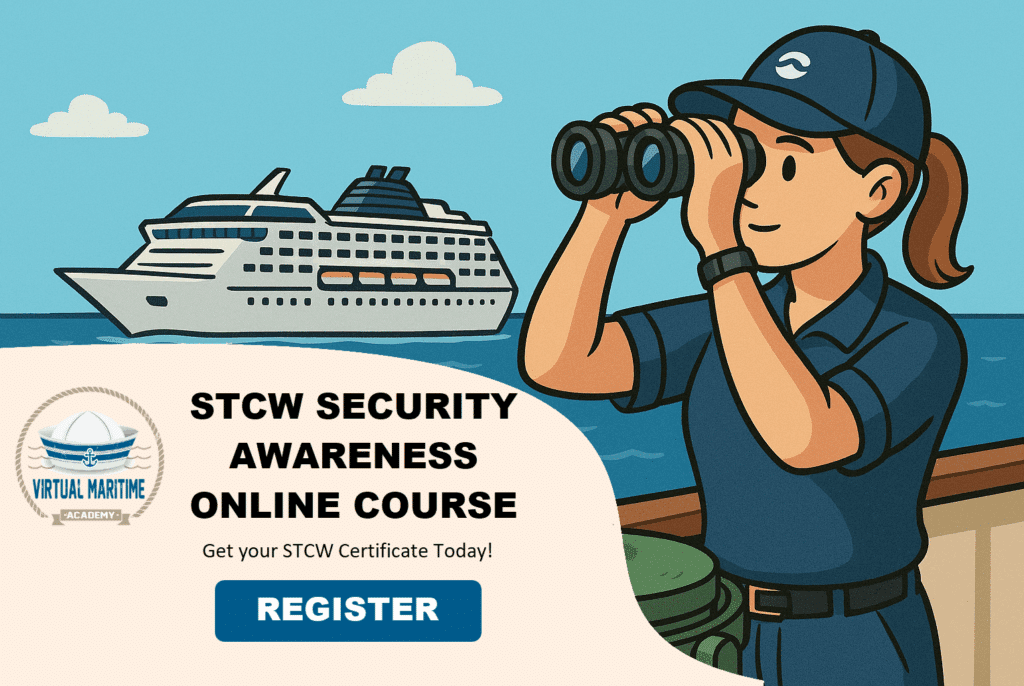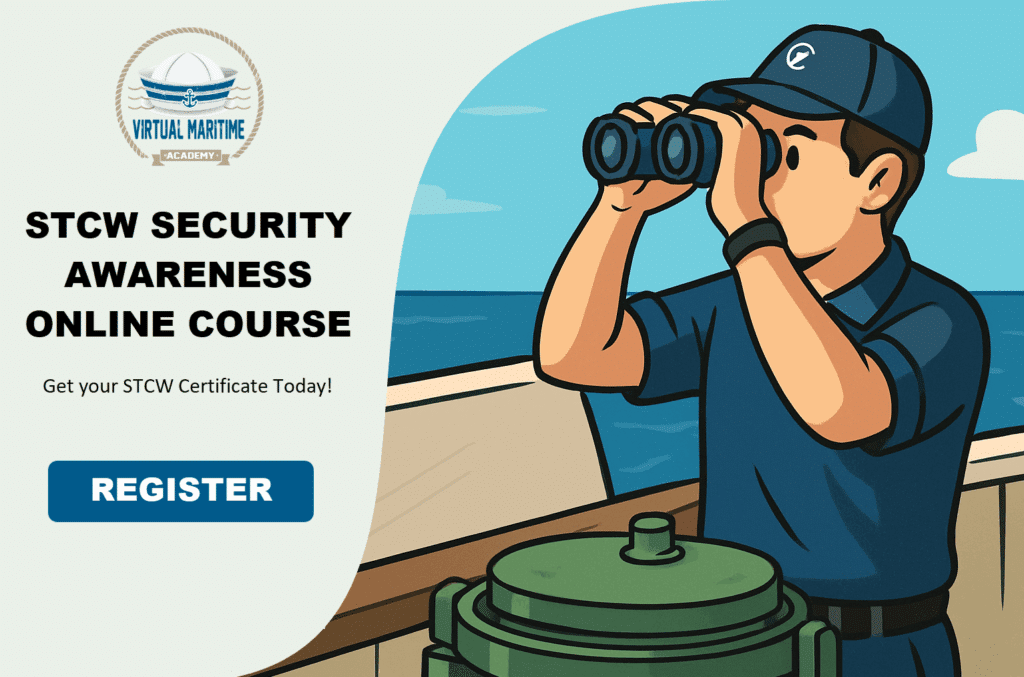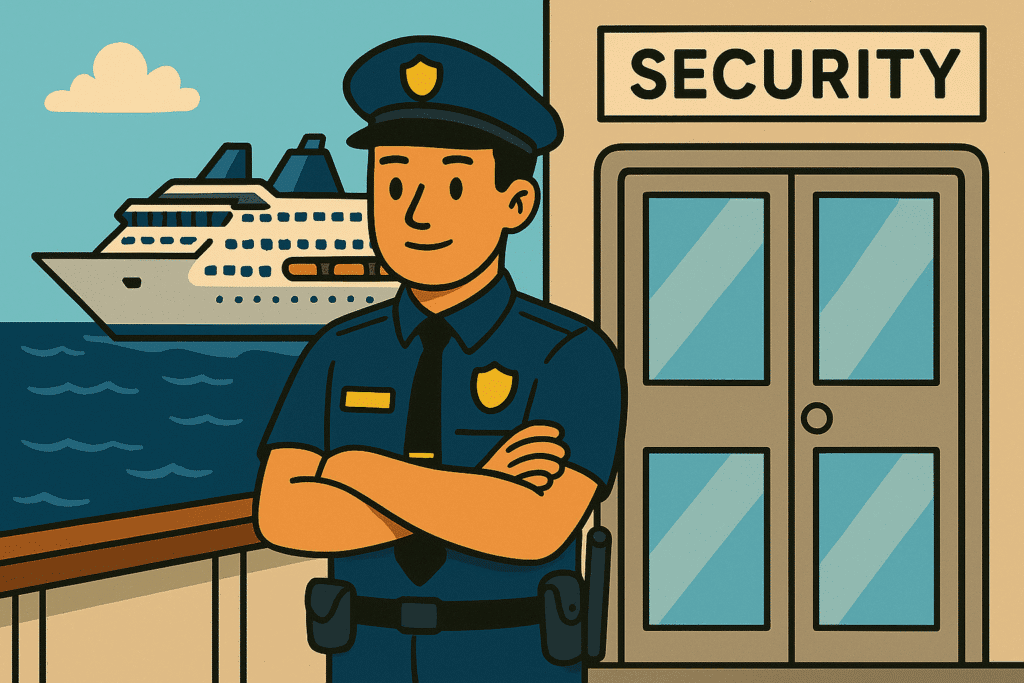Introduction to Essential Maritime Security Training Courses
The maritime industry plays an essential role in global trade, with a vast amount of goods transported by sea. Along with the industry’s growth, challenges such as piracy, terrorism, and illegal trafficking have also increased, highlighting the importance of robust maritime security measures. To address these challenges, a range of maritime security training courses have been developed. These courses aim to equip maritime professionals with the knowledge and skills necessary to safeguard life, protect marine environments, and secure assets from various threats.
ISPS Code Training
One of the cornerstone pieces of international maritime security legislation is the International Ship and Port Facility Security (ISPS) Code. Developed in response to the 9/11 attacks in the US, the ISPS Code aims to enhance the security of ships and port facilities. Training on the ISPS Code covers the regulatory framework, responsibilities of various stakeholders, and procedures for assessing security risks and implementing security measures. There are specific courses tailored for company security officers (CSOs), ship security officers (SSOs), and port facility security officers (PFSOs), focusing on their roles and responsibilities under the ISPS Code.
STCW Security Training
The International Convention on Standards of Training, Certification, and Watchkeeping for Seafarers (STCW) was amended in 2010 to include mandatory security training for all seafarers. There are three levels of STCW security training:
- Security Awareness Training for all seafarers,
- Designated Security Duties (DSD) for seafarers assigned specific security roles, and
- Ship Security Officer (SSO), which is more advanced training for those charged with direct responsibility for the security of a ship.
These courses cover topics such as recognizing security threats, implementing security procedures, and managing emergency situations.
Maritime Cyber Security Training
As the maritime industry becomes increasingly digitized, vulnerabilities to cyber-attacks have surfaced as a major security concern. Maritime Cyber Security Training aims to address these risks by educating maritime professionals on cyber threats specific to the maritime sector, protective measures to secure maritime IT and OT systems, and how to respond to cyber incidents. The course is suitable for a range of personnel, from onboard crew to port and corporate staff.
Piracy and Armed Robbery Prevention
With the continuing threat of piracy and armed robbery at sea, particularly in high-risk areas such as the Gulf of Aden and the Gulf of Guinea, courses on piracy and armed robbery prevention are critical. These courses provide knowledge on the legal framework, including the use of force, strategies for evading piracy attacks, and best practice measures to deter boardings. Training typically includes case studies of past incidents and lessons learned.
Search and Rescue (SAR) Operations
Search and Rescue (SAR) Operations training is vital for preparing crews to respond effectively to emergencies at sea, including man-overboard incidents and rescue operations. This training focuses on coordination with international SAR services, the use of life-saving appliances, and emergency medical care. Effective SAR operations training can significantly improve the outcomes of maritime emergencies, ensuring the safety of life at sea.
Conclusion
Maritime security training courses are fundamental in equipping maritime professionals with the skills and knowledge to face the security challenges of today’s complex maritime environment. Whether addressing piracy, cyber threats, or ensuring compliance with international security regulations, ongoing education remains a critical component of maritime security efforts. By investing in personnel training, the maritime industry can continue to safeguard its assets, protect the marine environment, and secure global supply chains.











